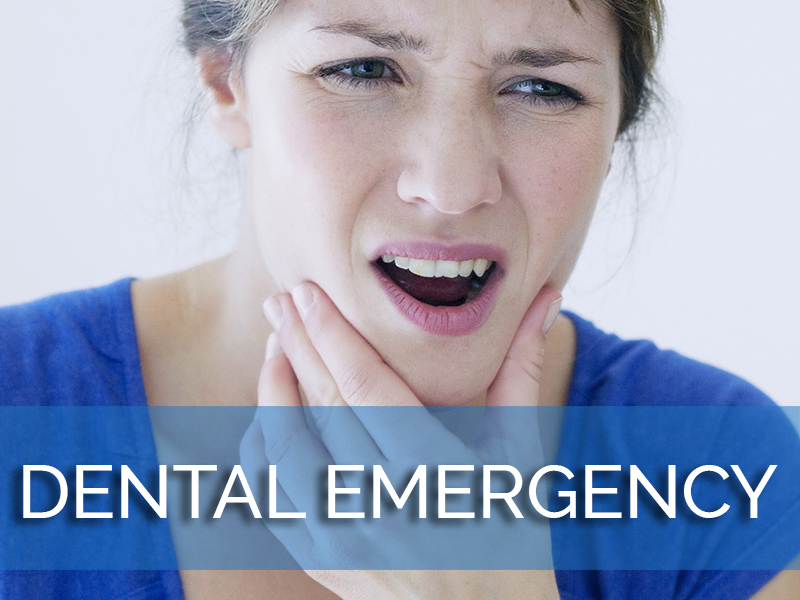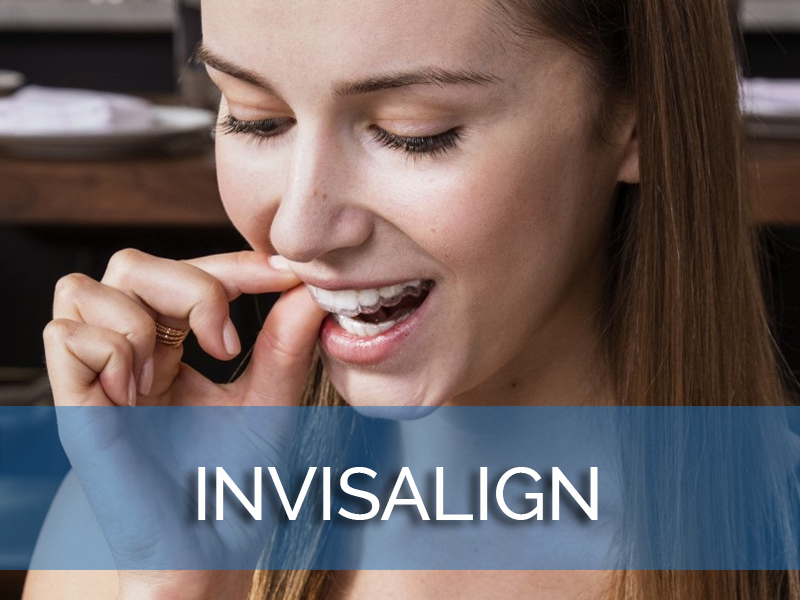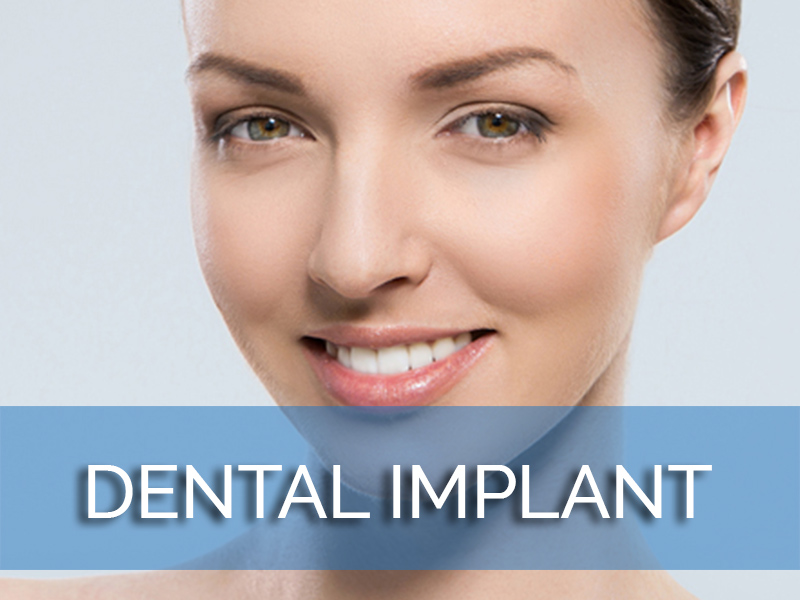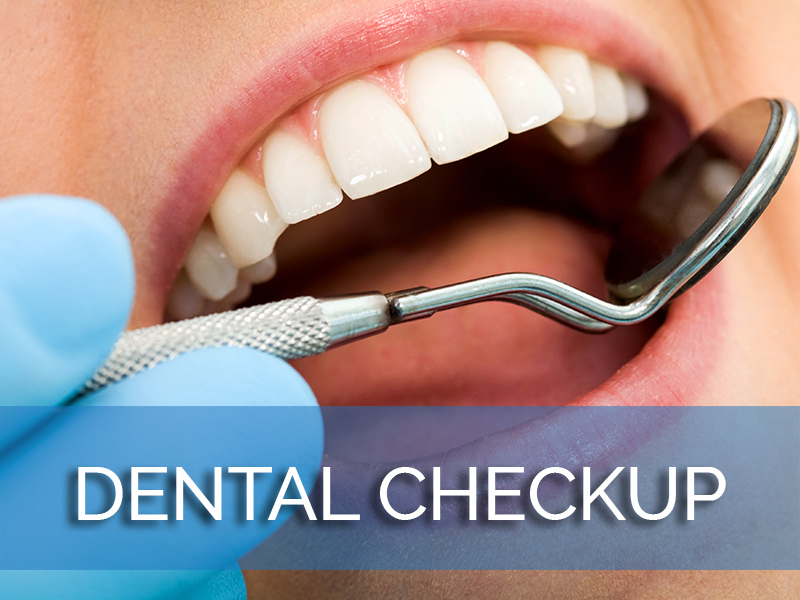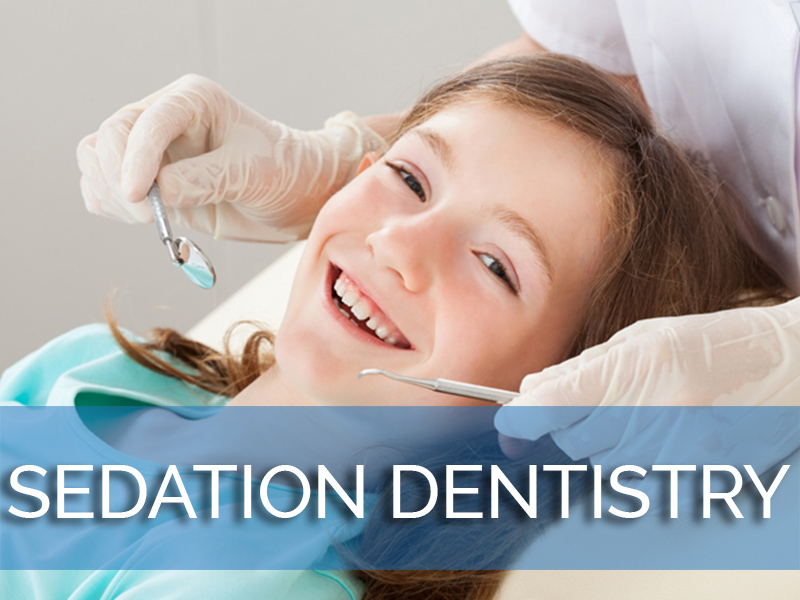Chronic tooth pain is no laughing matter. If you're suffering from a long-term toothache that doesn't appear to show any signs of ebbing on it's own, a visit to your local dentist may reveal a severe underlying problem necessitating something called a root canal; while many may recoil at the thought of receiving one, most do so without knowing fully what one entails and the relief one can provide, limiting themselves to inferior options or simply living with the pain indefinitely and at great risk to their overall oral health. Knowing the facts can help you make the right decision.
To begin: what is a root canal? A root canal is necessary when the inner tissue of one or more teeth has become so decayed and corroded that there is no way to save it without removing the tooth as a whole. However, with a missing tooth comes a range of secondary problems that are best avoided and the inevitable need for expensive, artificial replacement; to help you avoid this fate, your dentist may recommend a root canal. During a root canal, the inflamed pulp hidden within the tooth is removed using a drill and other tools - this effectively deadens the tooth without uprooting it, allowing you to use it normally as you did before without the need for a cosmetic fixture. It's an elegant solution that, while relatively invasive and uncomfortable, alleviates your pain and lets you continue living your life after the area is given a chance to heal without enduring the discomfort it was causing you before.
After a root canal, there are some symptoms that may be a cause for alarm for those not familiar with what is generally considered normal in the aftermath of the procedure. While many hope that the pain will be gone as soon as the effects of the chosen numbing agent has subsided, this is usually not the case - additional pain is common, but many will attest to the fact that it is usually much less severe and sharp than that of the decayed root that was present before. Some swelling may occur, as well, as the surrounding gums attempt to heal themselves when all is said and done; this is often referred to as endodontic flare-up, and as long as you allow your dentist to keep close tabs on it, these effects should be far from permanent. The use of over-the-counter relief such as that of Advil or Aleve is a perfectly safe way to combat these negative side effects.
To prevent a reoccurrence of a similar condition that would call for another root canal, maintaining good oral hygiene is naturally recommended; brushing, flossing, and rinsing with an anti-septic mouthwash are three obvious ways you can keep tooth decay at bay in your home. Seeing your dentist regularly, especially after receiving a root canal, will also help them spot any red flags before they have a chance to develop into more severe issues.
OUR SERVICES
Insurance Policy
Some of the major insurances we accept are displayed to the right, however, we gladly accept ALL PPO Insurance plans and are a Delta Dental Premier provider.
We will gladly help you to understand whether your insurance has limits on the doctors you can see or the services you can receive. If you provide complete and accurate information about your insurance, we will submit claims to your insurance carrier and receive payments for services.
Depending on your insurance coverage, you may be responsible for co-payments, co-insurance, or other deductible amounts. Please contact our office or call your insurance carrier should you have any questions.


YourLocalDentist.com
(800) 838-6316
8539 Sunset Blvd, Ste 16, Los Angeles, CA 90069
18399 Ventura Blvd #251, Tarzana, CA 91356
11126 Chandler Blvd. North Hollywood, CA 91601
6200 Wilshire Blvd #1508, Los Angeles, CA 90048
16500 Ventura Blvd., Suite 150 Encino, CA 91436
9535 Reseda Blvd, Suite 203, Northridge, CA 91324
361 E. Thousand Oaks Blvd. Thousand Oaks, CA 91360
4975 Whittier Blvd. Los Angeles, CA 90022
11233 Valley Blvd El Monte, CA 91731
17311 Yukon Ave Torrance, CA 90504
17742 Beach Blvd Suite 350 Huntington Beach, CA 92647
925 E. San Antonio Drive, Suite 15 Long Beach, CA 90807


